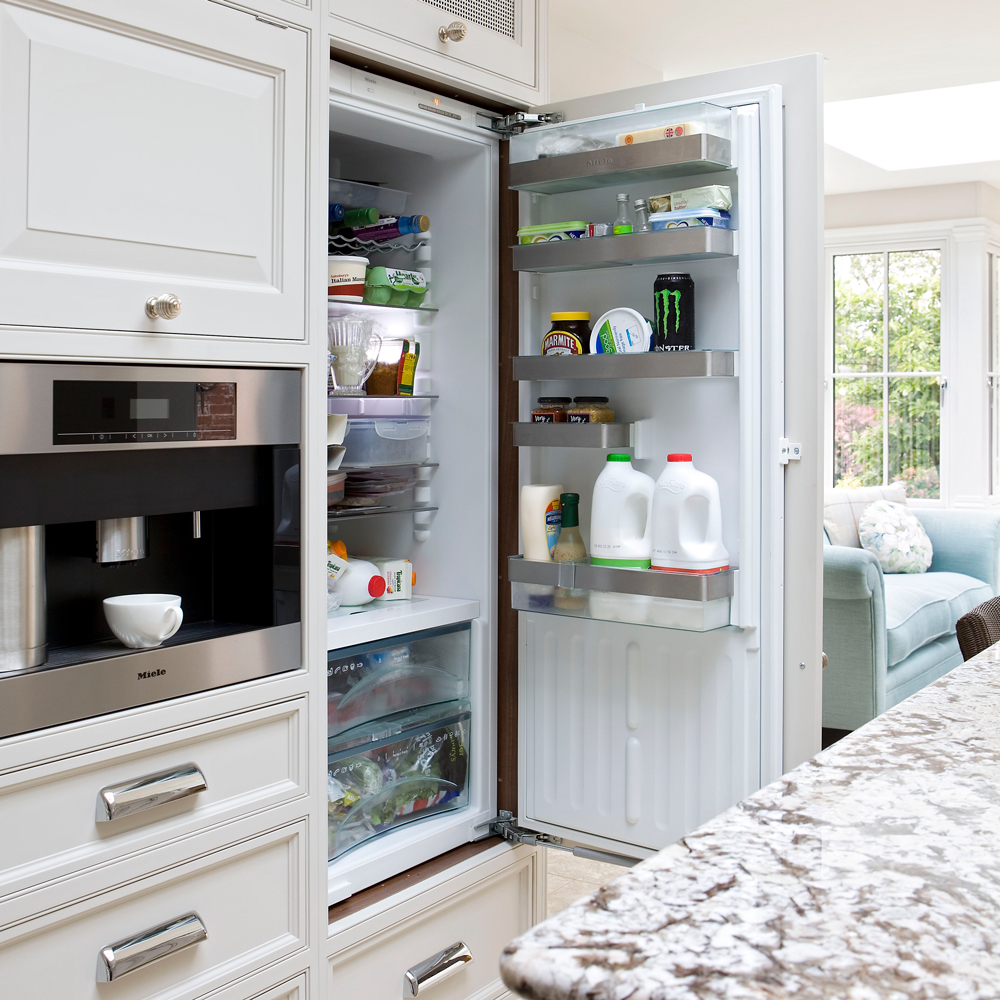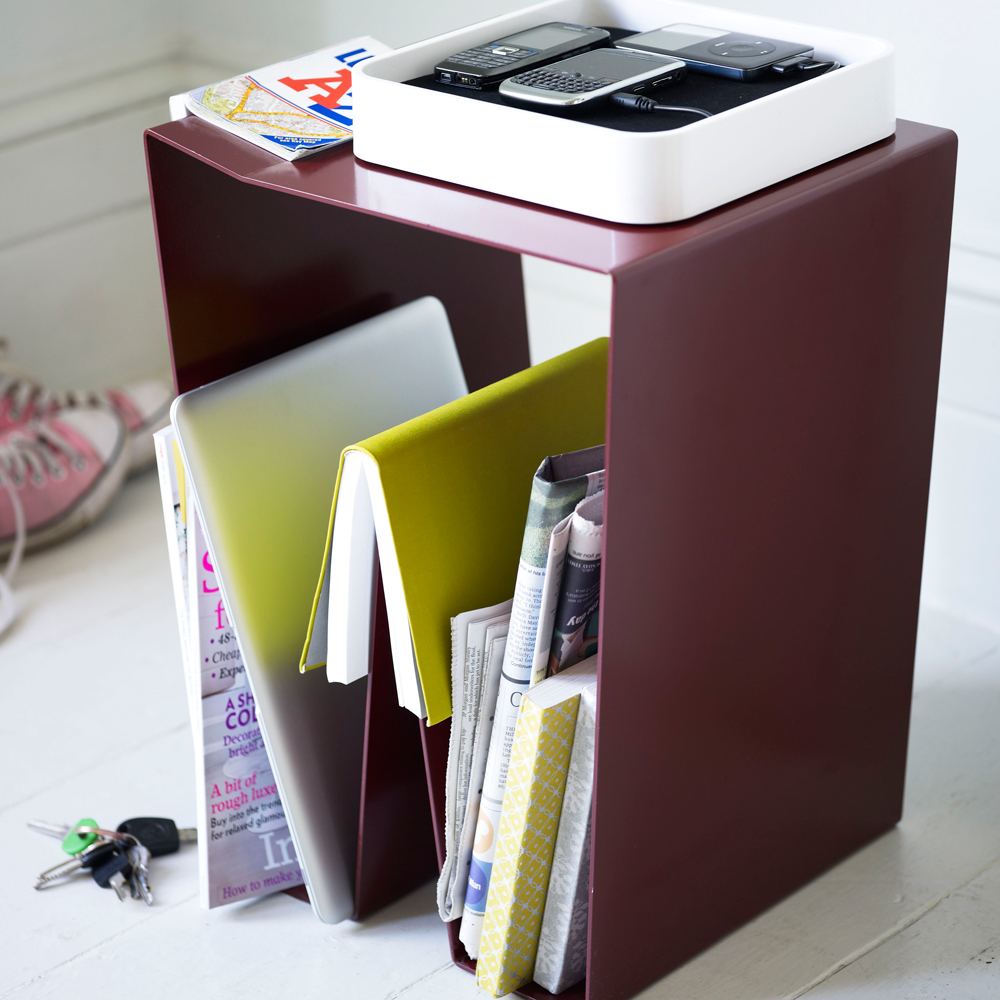Energy vampire – we explain what one is and why it could be costing you £6,500
Could this drain on your power supply be costing you a small fortune?
Are you familiar with the term energy vampire? No it's not a horror movie or a new Netflix series, it's a phrase used to describe what happens when electrical appliances are plugged into the wall, but aren’t in use. These items unknowingly drain energy from our households – often at great cost.
These seemingly innocent items that we leave plugged into our energy supply are costing us more than we think.
Phone chargers were one of the worst offenders for wastage and can cost residents up to £80 a year in unused energy. That shockingly equates to around £6,500 over the course of a lifetime!
Related: How to make the switch to a cheap energy supplier and save money
A new campaign from renewable energy provider Tonik Energy aims to educate homeowners about some of the common tips and tricks that do actually help to reduce your carbon footprint and energy use.
We separate fact from the fiction when it comes to how you can save energy around the home...
How to avoid energy vampire costs

Keep your fridge freezer full
Believe it or not, is one of the most effective ways to save energy! A stocked fridge freezer is able to regulate its temperature more efficiently than an empty one. It's all about science, cooling 'things' maintain their coolness more than air – making it more efficient.
Sign up to our newsletter for style inspiration, real homes, project and garden advice and shopping know-how
That’s not to say you must buy an unnecessary amount of food - filling the empty spaces with bowls and Tupperware etc can be a great way to prevent cold air from escaping and forcing your appliances to use more energy to make up for loss.
Unplug electrical items
Leaving electrical appliances plugged into the wall, when not needed is common drain on energy. While phone chargers are the worst energy vampires, other devices such as laptops, tablets and bedside lights can be just as wasteful.
Power down the fans
If you want to keep cool and cost-effective at home, fans are not the answer. Homeowners waste a lot of energy by using these to push warm air around a room. Instead try closing the curtains or blinds to keep out direct sunlight.
Avoid half-load washing cycles
Putting fewer clothes in the washing machine does not save energy, as some would have you believe. 'One full load of clothes will always use less energy compared to two half loads,' explain the experts at Tonik Energy.
Throw in the towel
This age old trick actually works! When drying clothes in a washer or tumble dryer throw in a dry towel to absorb excess damp – cutting the drying time, meaning the appliance can be used for half the time.

'We’ve all been subjected to the old wives’ tales of what does and doesn’t save energy,' explains Steve Springett, Chief Product Officer at Tonik Energy. 'Right back to childhood when you will likely have been told to turn off the TV in your bedroom. Or making sure your games console is completely shut down when not in use.'
'Our research aims to give homeowners and residents a better understanding of the tangible benefits. Some of the more quirky energy saving tips and tricks and identify what points are simply rumours.'
'Each of the ‘real truths’ outlined in this research can easily be incorporated into everyday life. All can be used as part of the bigger battle to protect our planet and reduce bills too'.
Related: Renters are missing out on £41m of energy savings because of this one misconception
From now on will you be unplugging everything to avoid energy vampires?
Tamara was Ideal Home's Digital Editor before joining the Woman & Home team in 2022. She has spent the last 15 years working with the style teams at Country Homes & Interiors and Ideal Home, both now at Future PLC. It’s with these award wining interiors teams that she's honed her skills and passion for shopping, styling and writing. Tamara is always ahead of the curve when it comes to interiors trends – and is great at seeking out designer dupes on the high street.